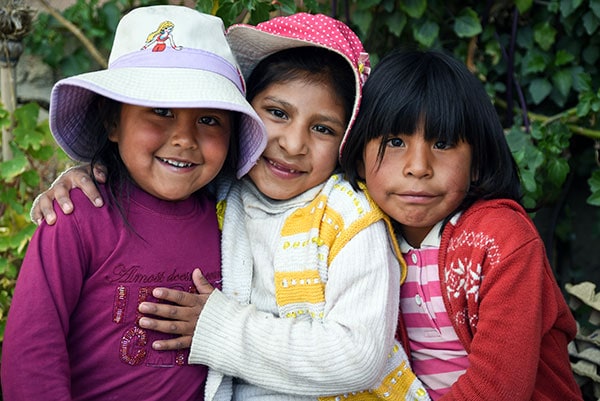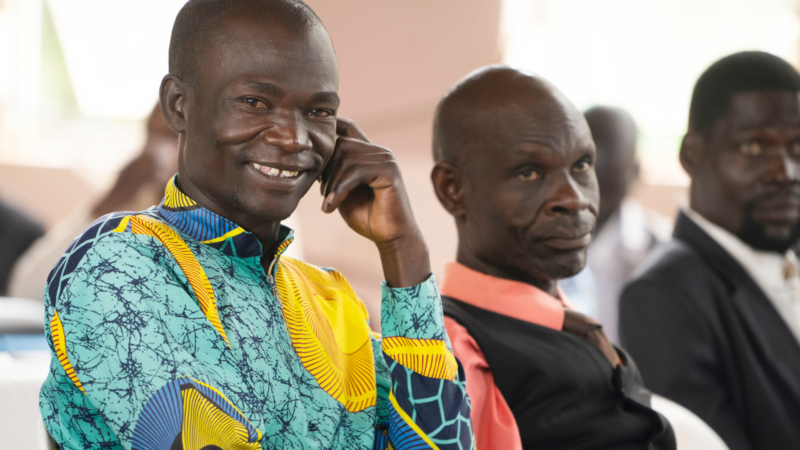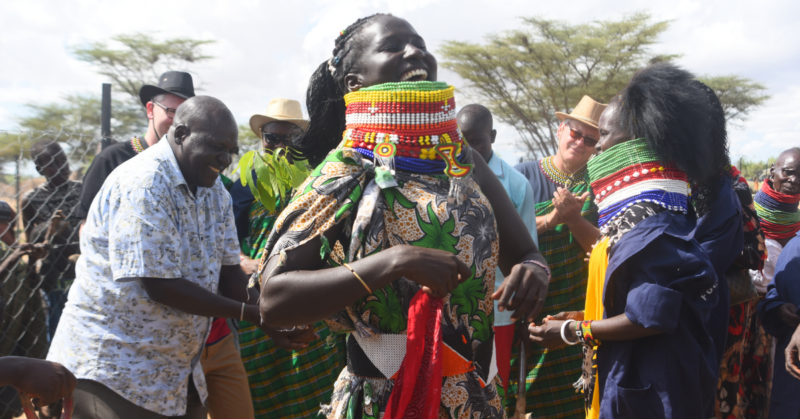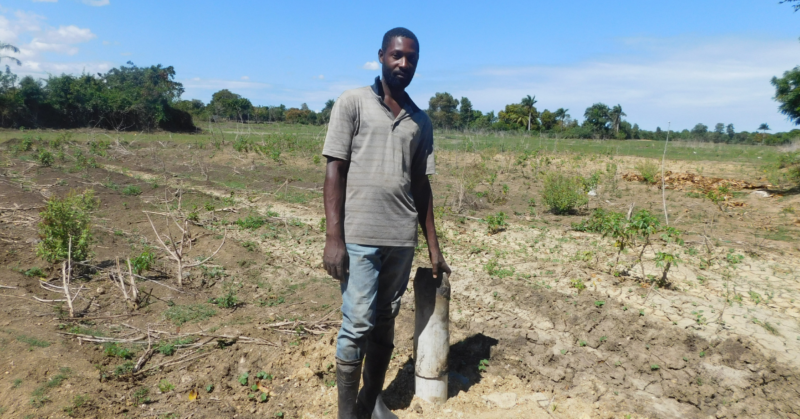“Short-term mission trips carry potential for much good and harm. Wise engagement is critical, especially when we hope to benefit children.” -Christian Alliance for Orphans
I read this quote and it took me by surprise. The goal of ALL mission trips is to help. It is the DNA of each well-planned team. But do we consider how the team could harm communities and their vulnerable children, and do we actively seek ways in the planning to prevent this?
In retrospect, I’m pretty sure that I have been on teams where we didn’t do all that we could have to maximize the overall benefit to the local children. Based on my personal experience as well as some research I completed, here are four points to consider in the framework of caring for vulnerable children as you plan your overall trip goals:
- Attachment: Kids need to attach to consistent adults in their life for healthy bonding. Team members need to make sure they are NOT meeting kids’ immediate needs. This is a job for the parents or for their regular caregiver. This can be done by not belittling their authority or ability to provide. Team members should redirect the child’s physical and emotional affection back to the parents.
- Caregivers: Honor them, encourage them, and increase their capacity to support children. Have a plan on how you can support parents/caregivers. Spotlight them as heros to their kids. Honor and encourage them verbally and through the way you give. Ask before giving their child a gift-no matter how small, or give to the parent to give to the child. This reinforces their role as providers.
- Community: Invest in the community that can protect and nurture children over time. Community is the central part of life in an impoverished area. Investing in their schools, churches, and families are the best way to care for kids. Plan activities that support this such as camps, clinics, or trainings. Incorporate specific training for the leaders or ministries in the community so that they can have a lasting and positive impact on the community at large.
- Partnership: Learn from reliable on-the ground allies how you can best participate in a community over time. The above three points are great to follow but if you do not have a proven reliable partner in the field committed to these communities, working through churches and families, it is hard to know if children are in a safe environment to start with. Finding the right partnership with a history of committed relationship to a community will make for successful teams and best practices to meet the needs of communities and vulnerable children within them. Once you find them, learn from them. They will be your best resource for knowing best practices for the specific needs of the children and families you visit.
James 1:27 calls us to “care for orphans and widows in their distress.” There is great potential in short term missions to do this, but to be able to do this each team must plan, prepare, and implement their trip goals in the framework of healthy and safe interactions with vulnerable children and their families or caregivers. In doing so, we help in a capacity that long out lasts our trip.
Bright Hope has been working with impoverished communities for the past 50 years caring for vulnerable children and families working through the local in-country church through community development. Our staff is committed to working with each individual church to best support their community. Please contact us if you have more questions or would like to partner with us in this work.





